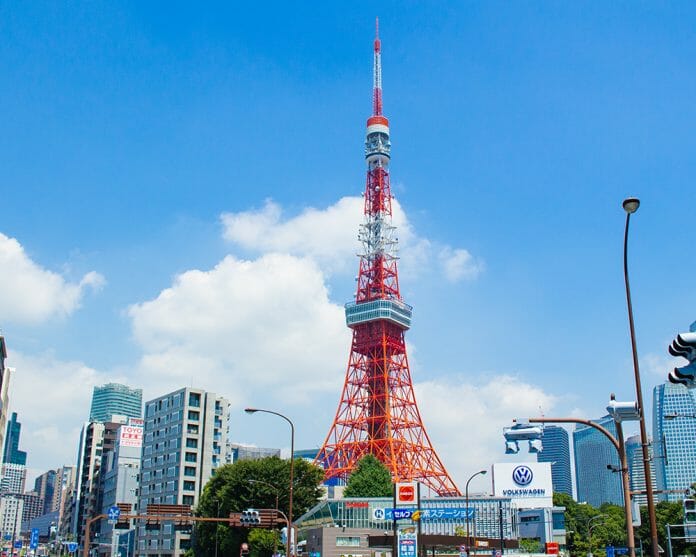CBRE has just published its “2023 Asia Pacific Investor Intentions Survey”, which polled more than 530 Asia Pacific-based investors across a range of investor types from developers, private investors, and REITs to institutions such as insurance companies, pension funds, and sovereign wealth funds.
Nearly one-third (31%) of investors in the region will target opportunistic strategies, distressed assets, and non-performing loans this year to take advantage of current market conditions.
Despite healthy levels of fundraising, most investors are adopting a cautious approach as they look for signs of yield expansion and the interest rate tightening cycle to stabilise. Investment activity is expected to accelerate in the second half of the year.
Among the key highlights from the survey include.
Tokyo retained its status as the top city for cross-border investment for a fourth consecutive year, followed by Singapore and Ho Chi Minh City. Hong Kong ranked #5 for the first time since 2020.
Industrial and logistics remains the most preferred asset class, while residential (especially multifamily and built-to-rent) logged the strongest uptick in interest. Offices are still the top property type among core investors.
The majority (93%) of institutional investors expect allocations to real estate to increase or remain stable in 2023.
Investors cite the fear of a recession, interest rate hikes and a mismatch in buyer and seller expectations as their greatest challenges this year.
Over 60% of investors expect to find discounts in retail and Grade A offices in 2023.
Investors prefer high-quality assets in prime locations across all sectors, as these assets have strong tenant demand drivers and resilient cash flow.
Only 5% of investors say they will invest in alternative sectors, with healthcare-related properties, including life sciences and medical offices, the most preferred, overtaking data centres for the first time.
Around 60% of investors intend to use ESG criteria in making investment decisions. On the other hand, 40% plan to delay their ESG adoption due to increased costs and current economic conditions.









